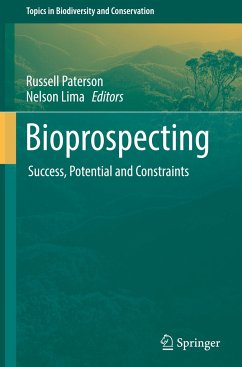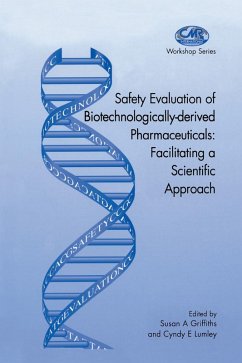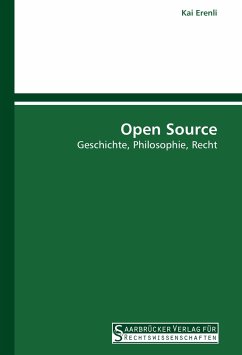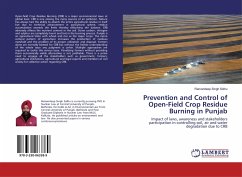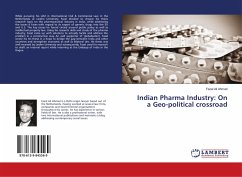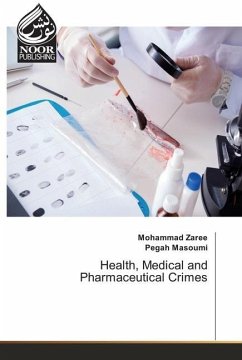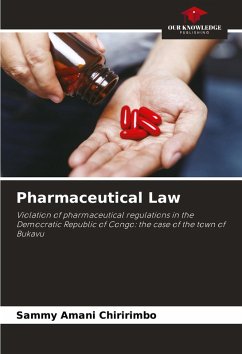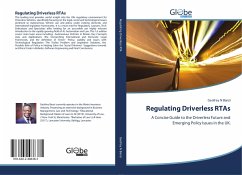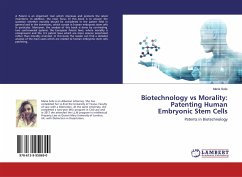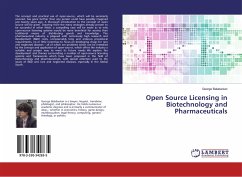
Open Source Licensing in Biotechnology and Pharmaceuticals
Versandkostenfrei!
Versandfertig in 6-10 Tagen
24,99 €
inkl. MwSt.

PAYBACK Punkte
12 °P sammeln!
The concept and practical use of open-source, which will be summarily covered, has gone further than any person could have possibly imagined just twenty years ago. A thorough introduction to the concept of open source will be given. Drawing from the many analogies already proven to be successful in other fields, a compelling case will be made as to why open-source licensing systems would be more beneficial for society than traditional means of distributing goods and knowledge. The pharmaceutical industry is plagued with notoriously high research and development (R&D) costs, unreasonably long a...
The concept and practical use of open-source, which will be summarily covered, has gone further than any person could have possibly imagined just twenty years ago. A thorough introduction to the concept of open source will be given. Drawing from the many analogies already proven to be successful in other fields, a compelling case will be made as to why open-source licensing systems would be more beneficial for society than traditional means of distributing goods and knowledge. The pharmaceutical industry is plagued with notoriously high research and development (R&D) costs, unreasonably long and arduous procedural requirements, no or little incentives to focus on developing drugs for rare and neglected diseases - all of which are problems which can be remedied by the concept and application of open-source, which offers the industry a suitable and proper way to meet its future needs. We explore the development and themes surrounding a number of open-source licensing systems and frameworks which have been proposed in the field of biotechnology and pharmaceuticals, with special attention paid to the issues of R&D and rare and neglected diseases, especially in the Global South.




